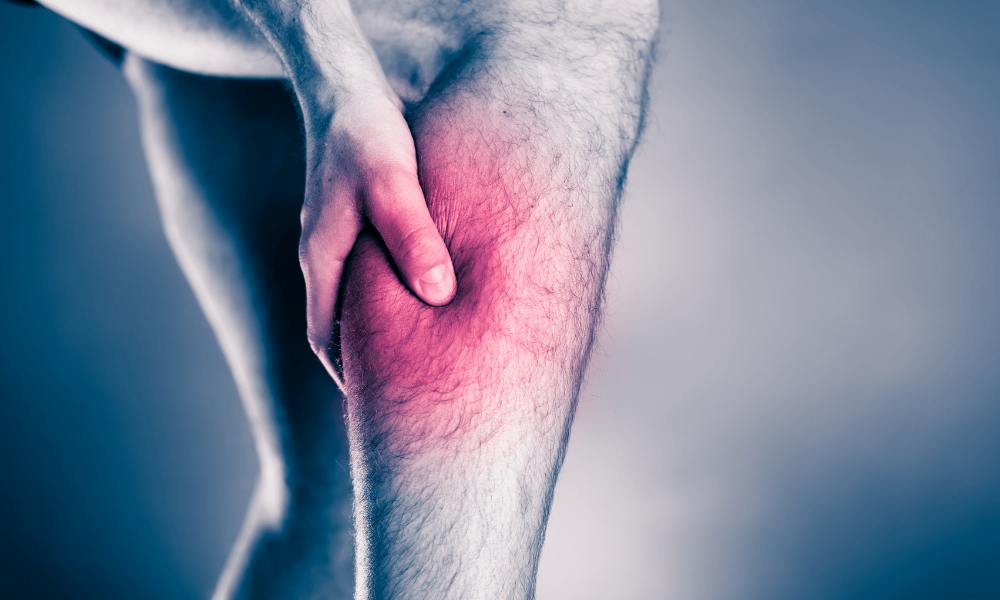Muscle Cramps

Why do muscles cramp? This question comes up often from patients in our clinics. The answer is not 100% understood, but there are some solid theories that provide an explanation. The most widely accepted theory is the dehydration-electrolyte imbalance theory. The theory, in short, states that the body does not store enough water and electrolytes required for a singular muscle contraction or long endurance muscle strength (cardio). Both water and electrolytes/nutrients are required for muscles to function properly. If the body does not have enough, the resulting chemical/neurological change is a muscle cramp. This happens more frequently in excessive heat due to increased fluid loss.
In rehab, we are often looking at strengthening weaker muscles or inhibited muscles. The sudden demand from your body to contract a muscle that is not used to contracting aggressively is what creates the muscle cramp. In other words, the muscle is weak and does not have enough hydration or electrolytes necessary to perform the exercise, simply because it has not needed to for quite some time.
Muscle cramping can be a side effect of a number of neurological, metabolic, or endocrine disorders, but we more often see the scenario described above. Short term treatment of muscle cramping is to release and stretch muscles, drink water, and rest. Long term treatment involves increasing water and nutrient intake to maintain an adequate supply for muscle contraction(s) and progressive strengthening.


